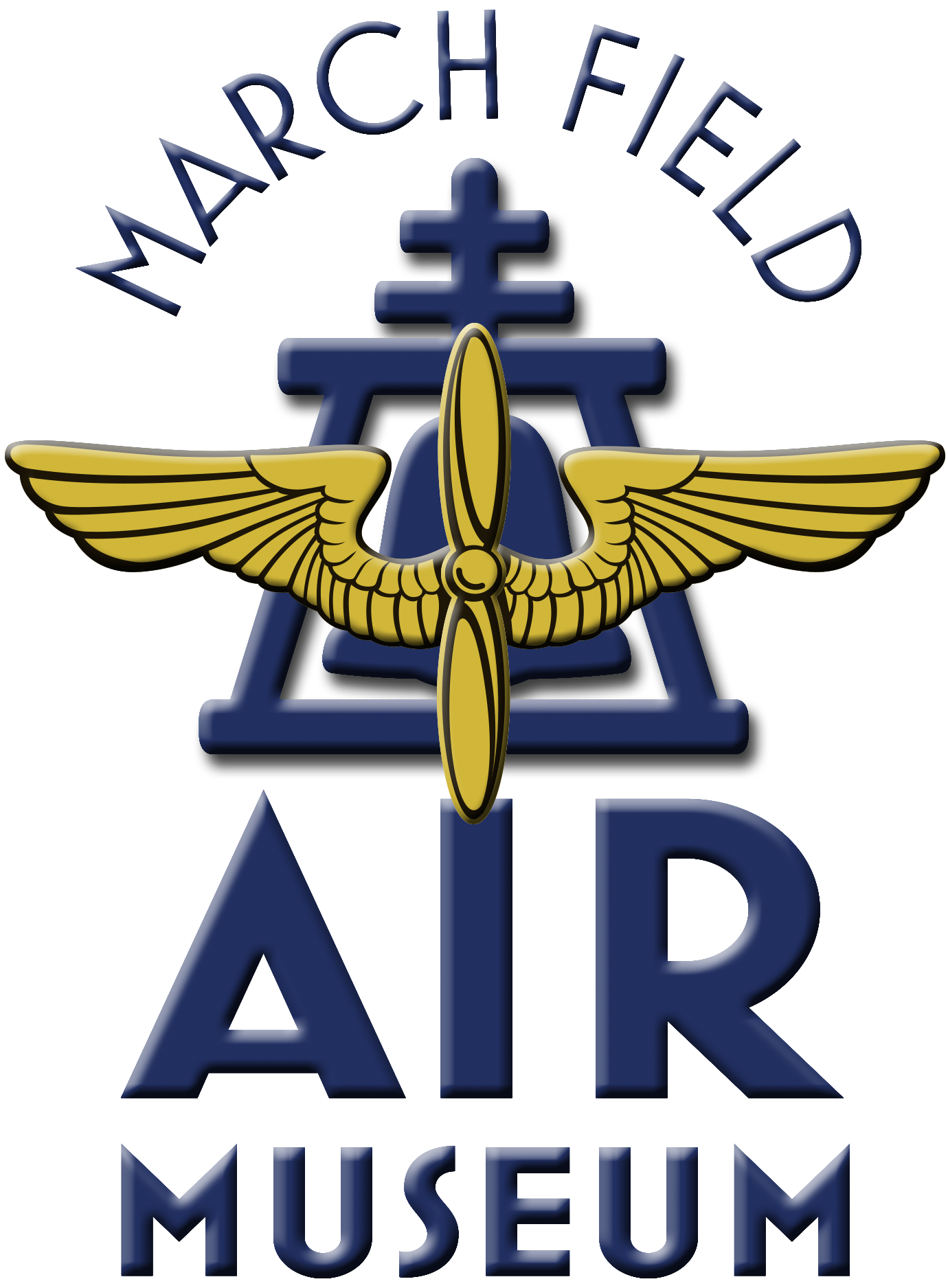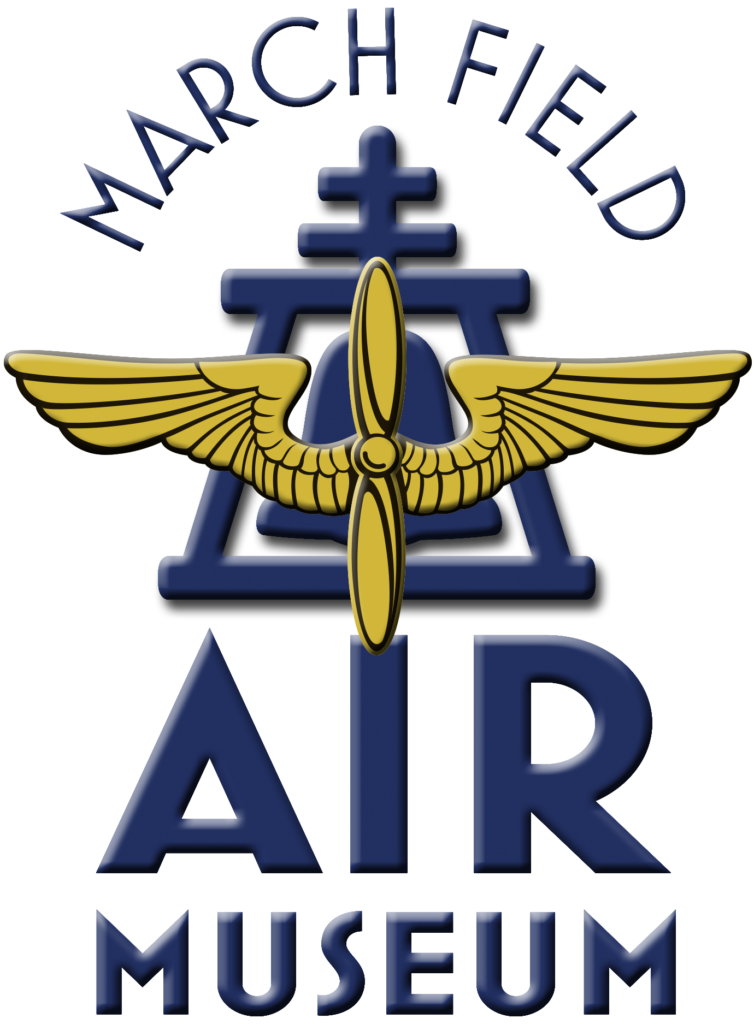T-37A Tweety Bird
The T-37 is a twin-engine primary trainer used for teaching the fundamentals of jet aircraft operation and instrument, formation and night flying. Affectionately known as the “Tweety Bird” or “Tweet,” it was the first USAF jet aircraft designed from conception as a trainer (as opposed to a modification such as the T-33). Its flying characteristics helped student pilots prepare to transition to the larger, faster T-38 “Talon” later in the pilot training program. Side-by-side seating in the T-37 makes it easier for the instructor to observe and communicate with the student.
The XT-37 prototype made its initial flight on October 12, 1954, and the preproduction T-37A first flew on September 27, 1955. Following modifications, the T-37A entered operational USAF service in 1957. In 1959, the T-37B joined the USAF. Similar to the A, it had more powerful engines, a redesigned instrument panel and improved radio communications and navigational equipment. In time, all A’s were modified to B standards.
The T-37C, with provisions for armament and extra fuel, was built for export. Both T-37Bs and Cs serve the air forces of several allied nations. In all, nearly 1,300 T-37’s were built before production ended in the late 1970’s. In addition, nearly 600 A-37s–attack modifications of the T-37–were built.
A note of interest is that both of the museum’s T-37 and T-38 were assigned at the same time to the 3560th Pilot Training Wing (Air Training Command), Webb AFB, TX from 1961 to 1966. This aircraft is on loan from the NMUSAF.
| Manufacturer: | Cessna | ||
| Designation: | T-37 | ||
| Version: | A | ||
| Nickname: | “Tweety Bird” or “Tweet” | ||
| Type: | Trainer | ||
| Specifications | |||
|---|---|---|---|
| Length: | 32′ 1″ | ||
| Height: | 9′ 3″ | ||
| Wingspan: | 38′ 5″ | ||
| Crew: | 2 (side-by-side) | ||
| Armament: | none | ||
| Gross Weight: | 6,580 lbs. max. | ||
| Propulsion | |||
| No. of Engines: | 2 | ||
| Powerplant: | Continental J69-T-25 | ||
| Pounds of thrust (each): | 1,025 lbs. thrust | ||
| Performance | |||
| Range: | 650 miles | ||
| Cruising speed: | 300 mph. | ||
| Max Speed: | 480 mph | ||
| Ceiling: | 35,000 ft | ||

